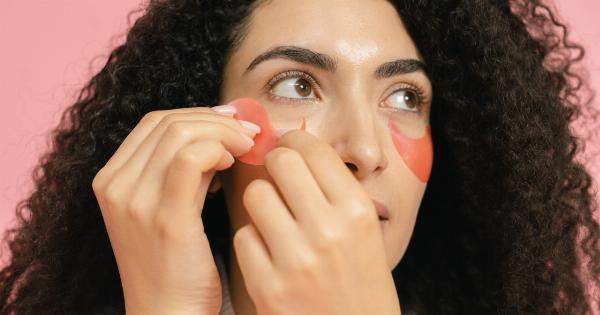Living with anxiety can cause a wide array of physical and emotional symptoms. One common outcome of anxiety is the manifestation of skin disorders.
It is believed that anxiety can weaken the immune system, leading to skin problems such as rosacea, psoriasis, eczema, and more. This article aims to explore the link between anxiety and skin disorders, and how to address these conditions effectively.
What is Anxiety?
Anxiety is a psychological condition characterized by feelings of worry, fear, and unease. It can range from mild anxiety triggered by an event to chronic anxiety that is persistent.
Anxiety can be rooted in psychological, biological, or environmental causes.
Anxiety and Skin Disorders
The link between anxiety and skin disorders is not well understood. However, it is believed that stress caused by anxiety can cause a hormonal imbalance, which can trigger or exacerbate skin disorders.
Types of Skin Disorders Linked to Anxiety
There are several skin disorders that have been linked to anxiety. They include:.
Rosacea
Rosacea is a common skin disorder characterized by frequent flushing of the skin, particularly on the face. This condition can be triggered by alcohol, caffeine, spicy foods, and stress. Anxiety can aggravate rosacea symptoms, making the condition worse.
Psoriasis
Psoriasis is a chronic skin condition characterized by red, scaly patches on the skin. It is believed to be an autoimmune condition that causes the immune system to attack healthy skin cells.
Anxiety can weaken the immune system, leading to psoriasis flare-ups.
Eczema
Eczema is a skin condition that causes red, itchy, and inflamed patches on the skin. It is thought to be an allergic reaction to irritants such as detergents, soaps, and fabrics.
Stress associated with anxiety can aggravate eczema symptoms, making the condition worse.
Hives
Hives are itchy, red welts that appear on the skin. They are usually caused by an allergic reaction to food, medication, or environmental allergens. Stress associated with anxiety can trigger or exacerbate hives.
Managing Anxiety-Related Skin Disorders
Managing anxiety-related skin disorders involves addressing both the underlying anxiety and the skin condition itself. Here are some strategies to manage anxiety and improve skin health:.
Practice stress-management techniques
Stress management techniques such as meditation, yoga, deep breathing, or progressive muscle relaxation can help reduce anxiety and manage stress. This can lead to improvements in skin health.
Dietary changes
Eliminating or reducing caffeine, alcohol, and spicy foods from the diet can help reduce rosacea symptoms.
Additionally, eating more fruits, vegetables, and omega-3 fatty acids can improve skin health, which can lead to a reduction in anxiety and stress.
Reduce exposure to irritants
Avoiding known irritants can help minimize eczema symptoms. This includes avoiding harsh soaps and detergents and wearing cotton clothing instead of synthetic fabrics.
Consult with a dermatologist
A dermatologist can help diagnose and treat skin disorders associated with anxiety. They may recommend topical treatments such as creams, ointments, or phototherapy.
Conclusion
Anxiety-related skin disorders can be uncomfortable and sometimes painful. However, there are many strategies that can be used to improve skin health and manage anxiety. Consult a dermatologist for a proper diagnosis and treatment plan.



























